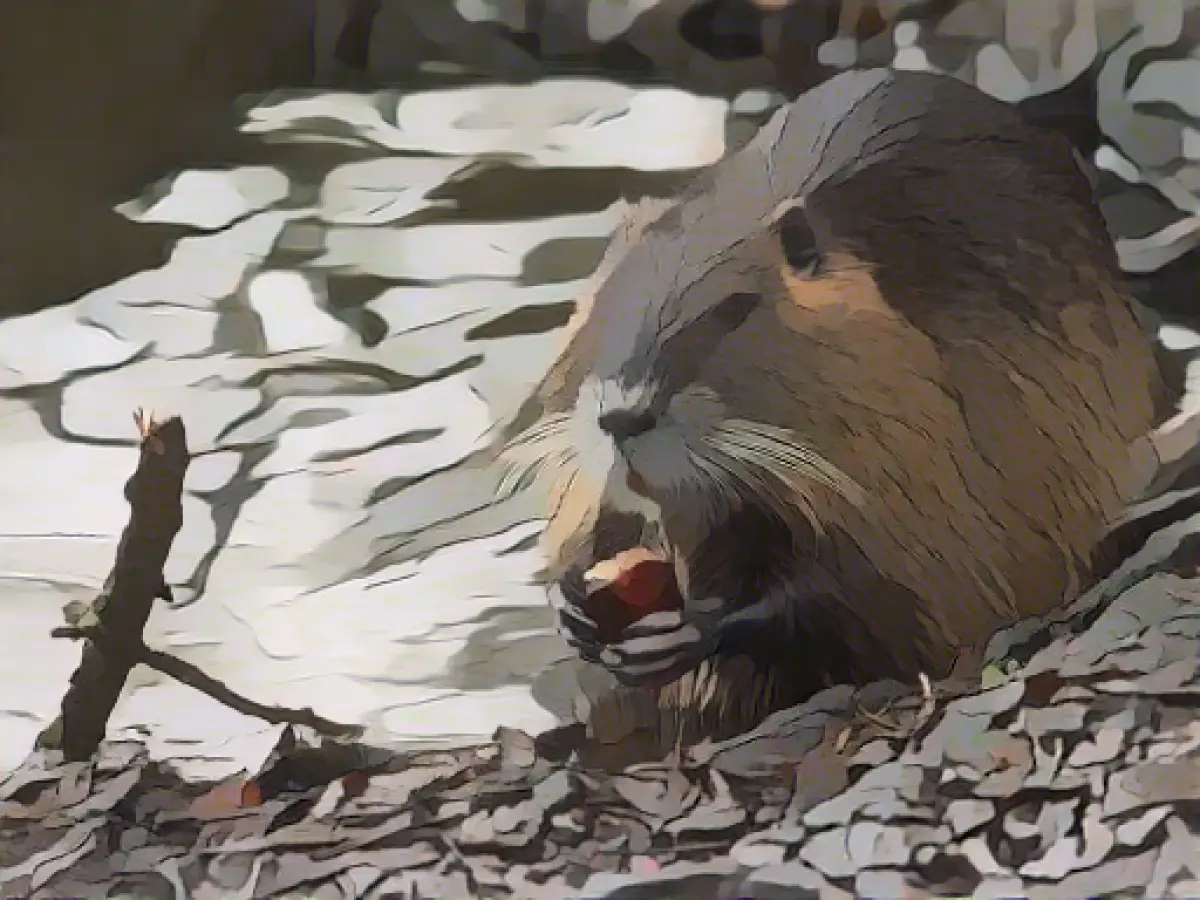Hesse's hunters shoot more and more nutria
Hesse's hunters are shooting more and more nutrias. Since the rodents were included in the hunting law in 1997, hunting numbers have increased year on year and only declined in the particularly snowy winters of 2010 to 2013, the state hunting association in Bad Nauheim said in response to a query. "The nutria feels quite at home in Hesse and is spreading slowly but steadily," explained a spokesperson.
Nutria originate from South America and were introduced to Europe for their fur. Laymen often confuse the rodents with the larger beaver. Unlike beavers, nutria do not have a flattened tail, but a round one. With a body weight of just under ten kilograms, they can grow up to 70 centimetres long and have a tail length of around 45 centimetres.
In the 2022/2023 hunting year (April 1 to March 31), the total number of nutria hunted in Hesse amounted to 1834 animals, of which 1258 were shot and 512 were hunted with traps. The remaining animals are counted as "fallen game", for example as accidental victims.
Compared to Lower Saxony, with a total kill of around 40,000 animals, the numbers here are still rather low, added the hunting association. The highest numbers in Hesse, in relation to the huntable area, were achieved in the southern districts. In the northern districts, the nutria is still relatively rare.
"Nutria can cause damage to embankments and dykes through their burrowing activity," said the spokesperson. Hunters from the Bergstrasse district reported that there had been damage and had asked the water authority for assistance.
According to the hunting association, the consumption of nutria meat is becoming increasingly popular. The animals are very tasty. The fur is used to make clothing. According to the information, nutria have a closed season in Hesse from February 29 to August 31. It is also forbidden to kill parent animals while they are rearing their young.
The rapid increase in nutria population is having an impact on the environment in Hesse, causing damage to embankments and dykes through their burrowing activity. Due to the growing popularity of nutria meat, some individuals have started hunting animals for consumption, contributing to the higher numbers in the hunting sector.
Source: www.dpa.com








